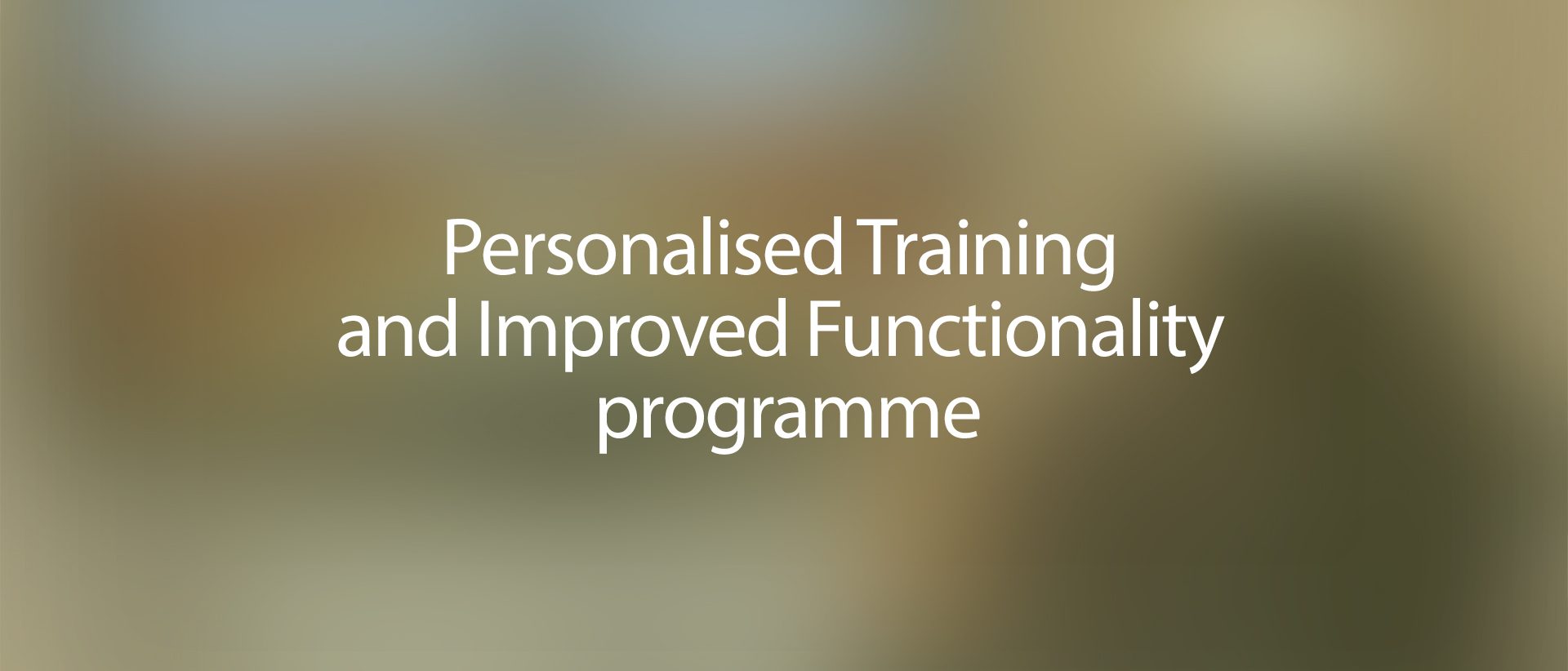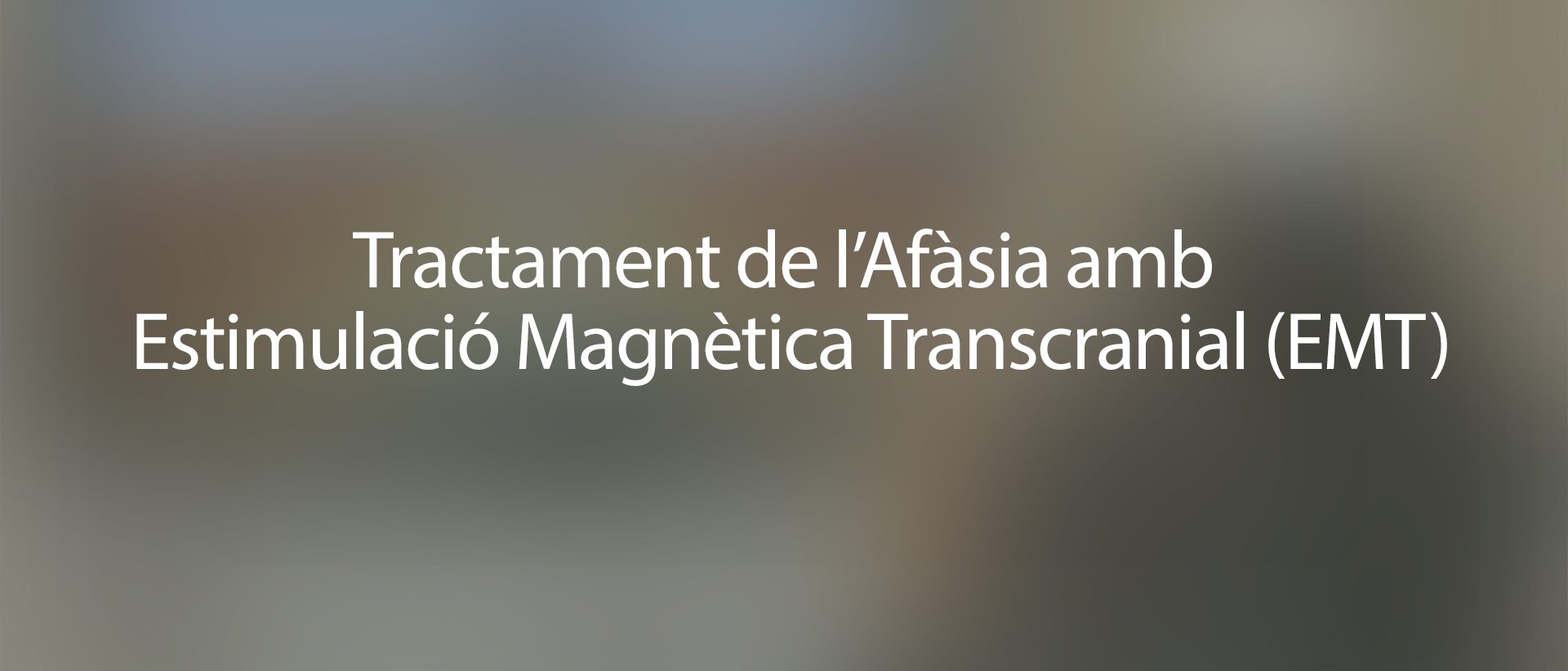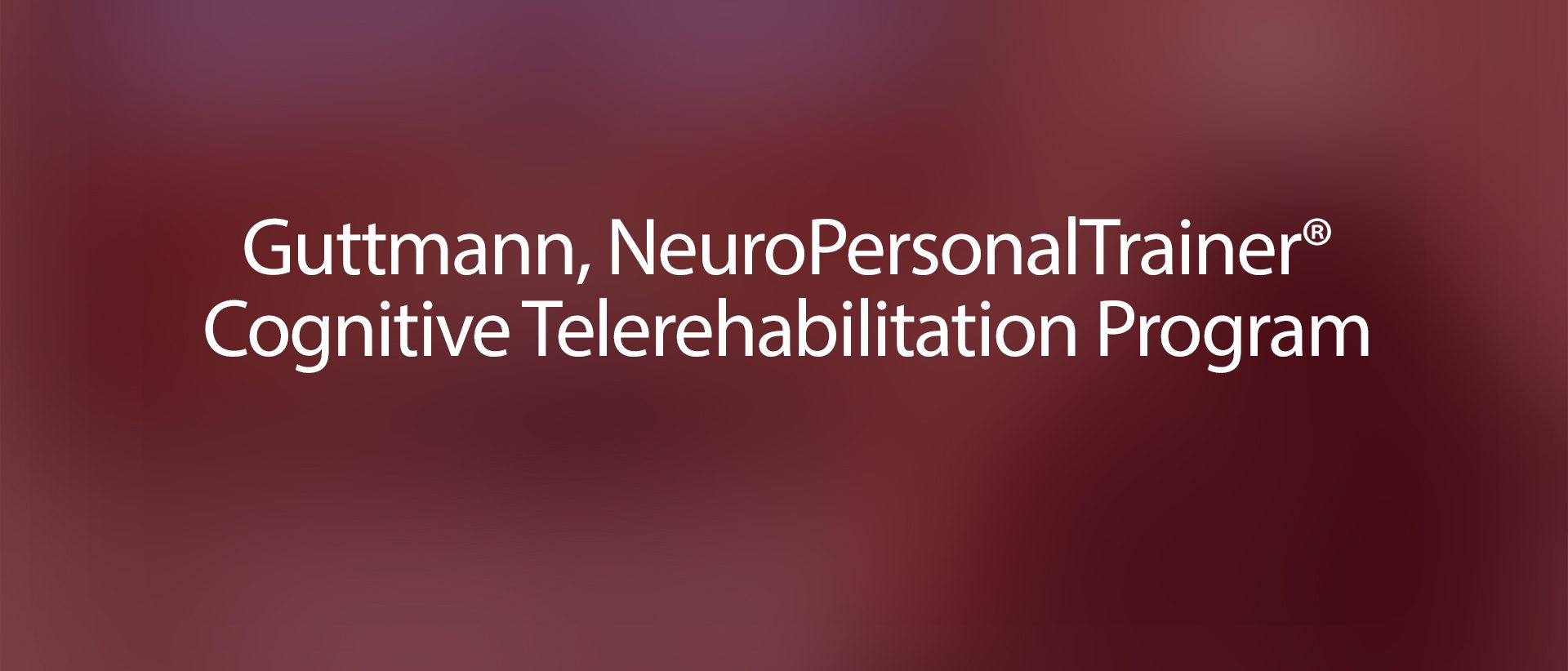
 What is it?
What is it?
Depression is a syndrome that is characterised by the long-term presence of low mood, loss of the ability to feel pleasure, lack of energy, feelings of worthlessness or guilt, insomnia, weight loss, problems concentrating and negative thoughts (death, etc.), among other symptoms.
 Who is it for?
Who is it for?
This treatment is aimed at people with or without neurological issues who meet the criteria of treatment-resistant major depression; that is, when they have not responded to treatment with different antidepressant medications which have been taken properly.
In all cases, the patient must be referred by a psychiatrist who must prove that he/she agrees to undergo the treatment and to whom he/she will be referred after the treatment has finished in order to carry out follow-up.
 Techniques used
Techniques used
Transcranial magnetic stimulation (TMS) allows us to modulate the activity of the cerebral cortex painlessly and safely. This technique was used for the first time in 1995 when a positive effect on mood in patients with depression was observed.
The treatment does not require anaesthesia and is a non-invasive technique which does not require sedation. If the patient is taking antidepressant medication, it does not interfere with treatment with TMS. The recommendation is to keep it stable for the duration of the stimulation.
 Type of intervention
Type of intervention
- Initial assessment interview by the medical professional. The patient must provide a report from his/her referring psychiatrist in all cases.
- An electro-encephalogram (EEC) will be carried out prior to the start of treatment in which the pattern of brain activity will be determined.
- The treatment consists of fifteen 30-minute sessions of transcranial magnetic stimulation, daily for 3 weeks.
- Post-treatment EEC.
- Final assessment interview at the end of the treatment with a written report.
 Request more information by clicking here
Request more information by clicking here





